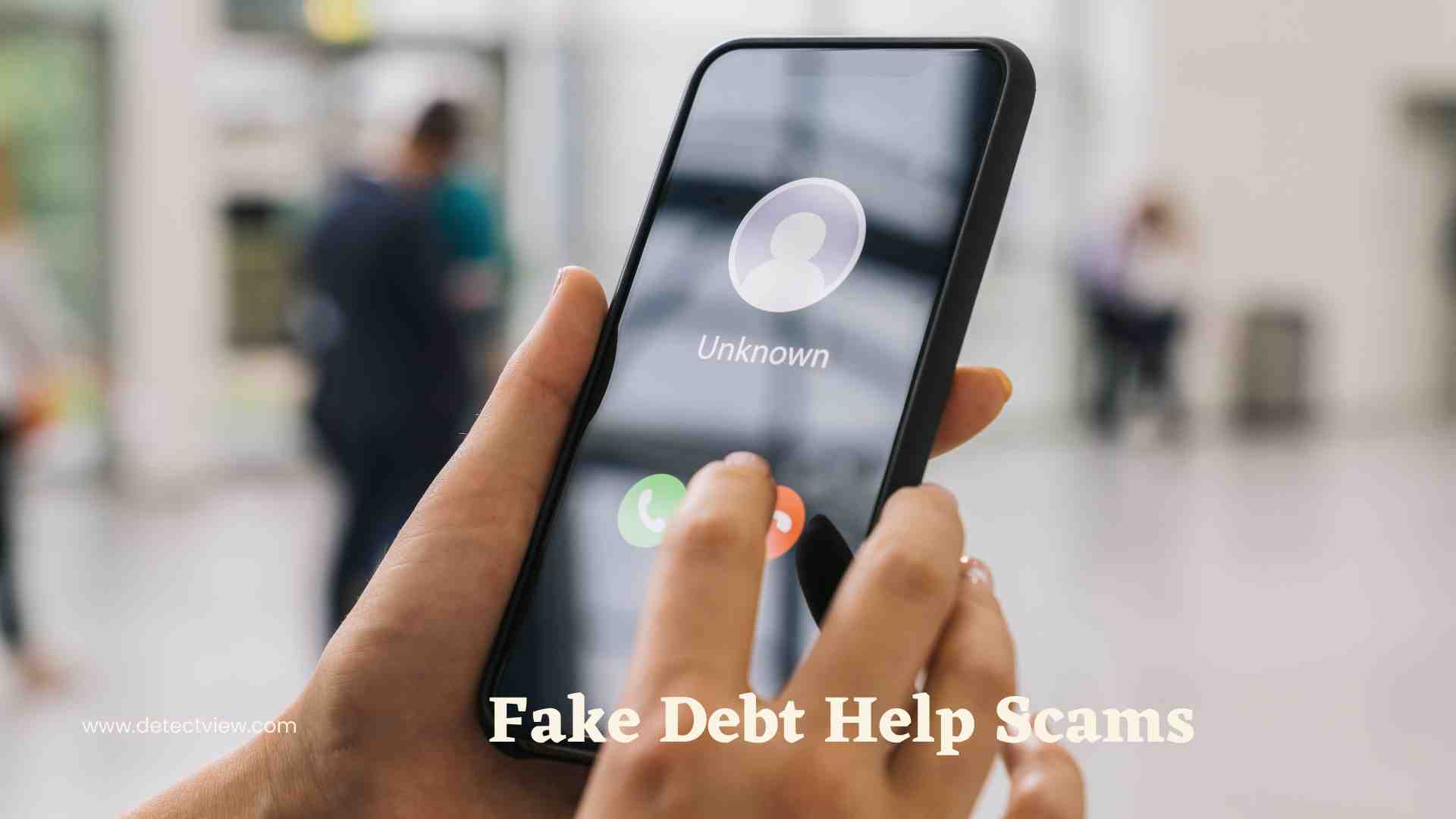The internet provides instant access to massive amounts of data, documents, archives, and more. However, even having all these benefits in mind, the internet can sometimes be dangerous as online scams have proliferated in the recent past. You can be scammed in a fraction of a second by individuals and companies, and you will lose your money or any private information even without realizing it.
Scams happen in many different forms and through many different channels. Scammers can contact you by phone, email, social media, or pop-ups on your browser. They usually obtain this data from publicly available sources. Thus, any of us can be targeted and become another victim in a long line of those who fall into the trap of scammers.

To reduce risks, you should take steps to protect your personal information. This article tells you about some leading internet scam techniques and provides you with all the necessary knowledge regarding online scams.
Jump to:
1. The Nigerian 419 Scam
The Nigerian 419 scam is one of the worst in the world, and the name comes from the fact that the method began in Nigeria, and Article 419 of the Nigerian Criminal Code deals with this form of fraud. Some of the criminals are not Nigerian, but they want an advance fee.
The Nigerian scam spreads rapidly by promising large inheritances, lottery prizes, and romantic relationships. The Nigerian Scam will most likely arrive in your email inbox, telling you that you've unexpectedly inherited a large sum of money from a wealthy Nigerian prince. All you have to do is to pay some legal and transportation fees. After the fee, you will never hear from them again. Another possibility may break your heart a little. You appear to have met your dream person online, but he/she lives in another country and requests that you assist them with rent or a plane ticket to come to see you. No prince or princess is waiting for you at the airport when you do this, only a con artist sitting at home with your money.
2. Fake Antivirus Software
It begins with your internet venture. A pop-up message will persuade you that your computer is infected with a virus. Exclamation points, bold fonts, and red backgrounds give the impression that something is seriously wrong.
This scares you and forces you to think your device is at serious risk, so you click on the pop-up to see if there's anything wrong with your device. After that click, it can ask you for money to secure your device, and this is where your one wrong move can make you easy prey for the scammer. If something like this appears, research before investing your money in uninvited and unknown requests to protect your device.
3. The Disaster Relief Scam
Unfortunately, natural disasters provide the best opportunity for scammers to exploit your generosity. During recent disasters such as Hurricane Katrina and Sandy,
fifteen fake websites impersonating the American Red Cross were created. To ensure that your donation is going to a legitimate cause, avoid "charities" that pressure you into donating. Disaster relief scammers don't tell you clearly what their initiative is and use a name that sounds suspiciously similar to the real one.
Suppose someone calls you and asks for donations for the affected people due to a calamity or natural disaster. In that case, you can check their authenticity through PhoneHistory before taking any further steps.
4. The Travel Scam
Travel scam stimulates your urge to travel, offering you a free trip to tropical or cultural destinations. This scam will most likely come your way during the summer when your desire to get away is at an all-time high.
The offer may entice you with meager prices, but they will take advantage of you in other ways, such as raising hotel room rates or transportation costs. Book your trip through a reputable travel agency or website to avoid this scam.

5. Overpayment Scams
Many people are taken aback by this one. Someone responds to an online advertisement for a product you're selling. The buyer invents a reason for paying you much more than the item's price and later requests that you return the money.
After you've sent the money, you realize that the initial transaction was a forgery and that you've sent money to a fraudster who never purchased the item. Remember to be cautious when purchasing or selling items online; cancel the transaction if you have any doubts.
6. Letter Scams
Letter Scams are one of the oldest internet scams. You'll receive an email from someone claiming to be from a wealthy family, an official government employee, or a businessman, asking you to assist them in recovering a large sum of money from an overseas bank.
They promise to pay you a percentage of the total in exchange for your aid and even supply legitimate documents. You can be sure that this is a fraud. The sender is solely looking for your bank account information. Please notify the proper authorities if you get one of these emails.
7. Fake Debt Help Scams
You can be under intense pressure about returning your loans. You can receive calls from an unknown person who might be willing to pay all your debt. Such scammers often use manipulative techniques: they make you listen to what they want to say and follow their instructions.

Fake debt scammers often promise to deal with your creditors, helping you return your loan. But they will never do it for free because the next thing they will be demanding from you is to pay them an upfront fee to activate this premium service. You will get into serious trouble if you do not use your cognitive abilities.
Conclusion
The internet has numerous advantages. Its use is unavoidable today. However, its malpractice seriously threatens users’ privacy and wealth. While using this vital technology, one must remain vigilant at all times. You should not give scammers any opportunity to obtain your personal information.
